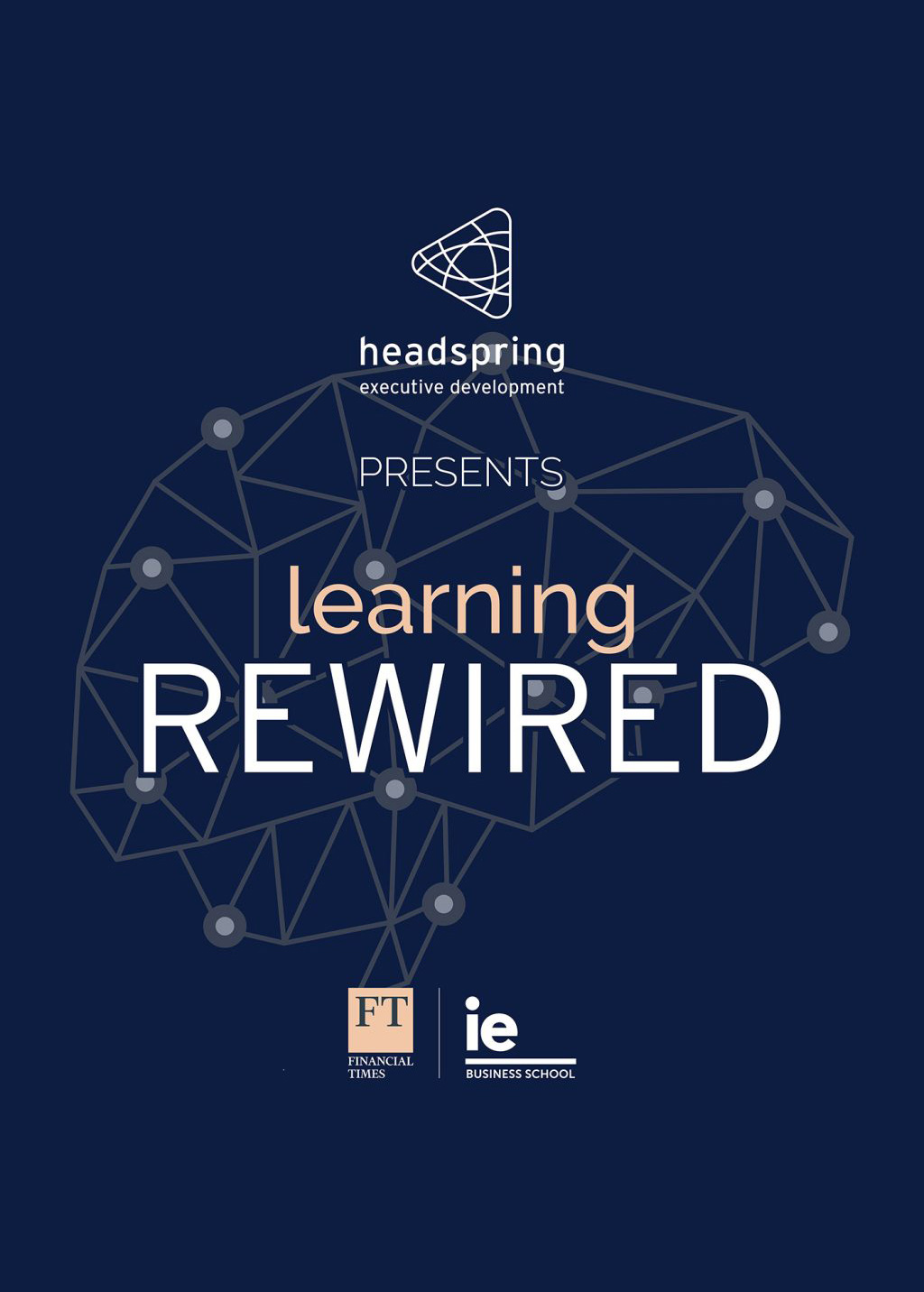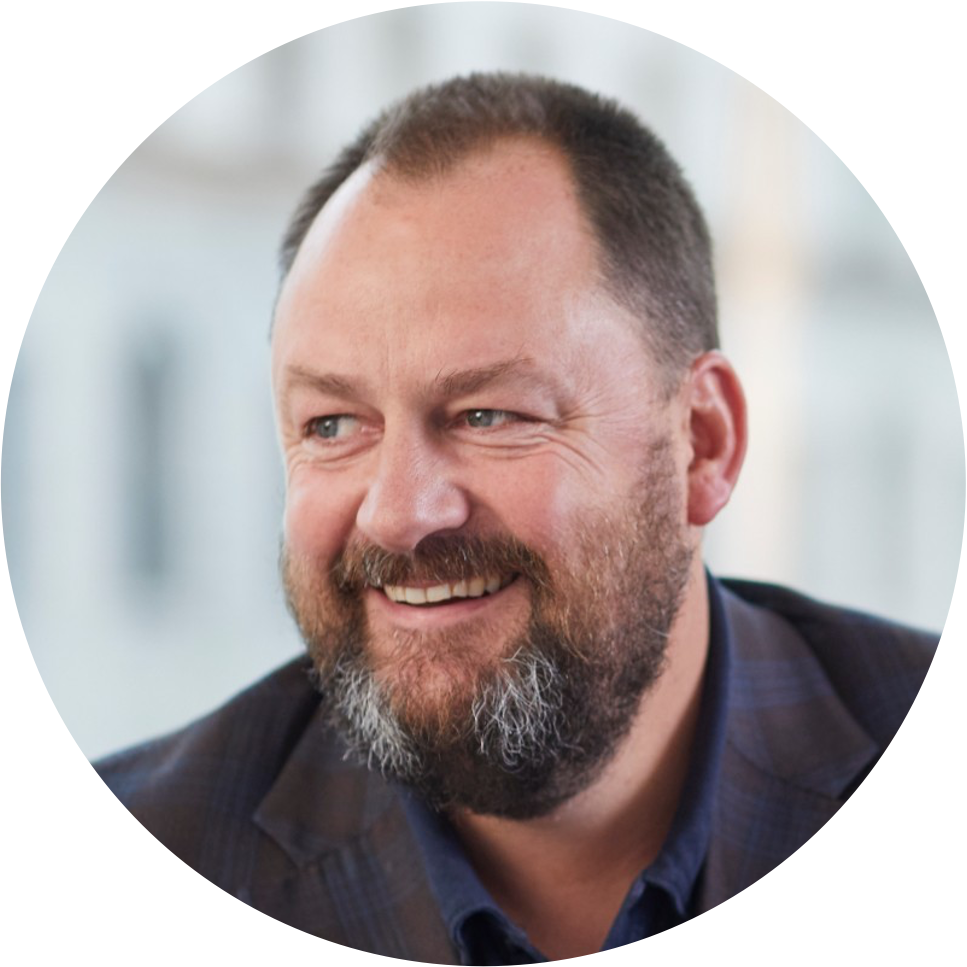Why Adaptability Is the Skill that Will Define the Next Decade - Andrew Hill
Future-ready leaders aren’t the most forceful - they’re the most adaptable. Clarity, curiosity, and honest communication will define the ones who shape the next decade.
Why should organisational planning and analysis sit under HR? How can organisational design drive happiness at work?

Our host, Thiago Kiwi speaks with Rupert Morrison, author of Data-Driven Organization Design, and CEO of Orgvue.
Kiwi and Morrison speak about the importance of data driving your organisational design, including:

Rupert Morrison is an economist, recognized author, and leader in organization design, human capital management, and analytics. Formerly a strategy management consultant, Rupert is now CEO of Concentra Analytics and Orgvue.
His book “Data-Driven Organization Design” was shortlisted for the “2017 Management Book of the Year Award”. He has dedicated his entire professional career to helping businesses revolutionize the way they see, plan, and manage their organizations through the innovative use of data and analytics.
Learn more about Rupert MorrisonWhat would be your piece of advice for an organisation going through lots of changes? Ask the right questions. Embrace the ‘what if’ mindset. Ask ‘what if we did this’? Don't just get stuck in the day to day and you know - we can all do that - but scan the horizon.
There is a lot of myths and jargon around data. What are the most common myths or issues that you have come across? One trap that people fall into is that they provide a dashboard and say, look how sexy my dashboard is, without starting with the question that you need to ask in the first place. Before you even think about collecting any data, analysing any data, think about what question you asked, what is the hypothesis that you want to test? What is the question? Then think about how we want to answer it.
Future-ready leaders aren’t the most forceful - they’re the most adaptable. Clarity, curiosity, and honest communication will define the ones who shape the next decade.
AI won’t future-proof your career. Adaptability will.
Deals are easy to sign and hard to sustain. We unpack the human factors that make negotiations stick - confidence, cultural acuity, and money mindsets - and why leaders should measure success by the quality of the relationship that follows.